Welcome to ‘The Happy Sensory Corner in Special Ed’ – the podcast where we explore the world of sensory enrichment and environmental enrichment in special education.
We interview experienced special education directors to learn from their successes (and from some of their failures too!) in solving the challenges of teaching students with special needs.
In each episode, we also share practical strategies, sensory enrichment protocols, and evidence-based practices that address specific areas, such as behavior regulation, self-awareness, social skills, learning abstract concepts, hyperactivity, etc.
Reducing Restraints
This is the topic for this quarter: If you have ideas, stories, or this is a big problem in your district we would like to interview you.
See available times for recording an episode
If you want to save yourself for other topics next quarter, we will be exploring developing social skills from the inside out.

Welcome to ‘The Happy Sensory Corner in Special Ed’ – the podcast where we explore the world of sensory enrichment and environmental enrichment in special education.
Through insightful discussions, interviews with experienced special education directors, and inspiring stories of resilience, we uncover the secrets to success in special education. Discover practical strategies, sensory enrichment protocols, and evidence-based practices that can transform the lives of special education students and educators.
Anneke Elmhirst is a relationship coach and former behavior analyst. With her we discuss:
– Ethical concerns with ABA practices and how they can impact neurodivergent children.
– The importance of respect and self-regulation in building healthier relationships between neurodivergent children and their parents.
– How parent education can foster acceptance and long-term well-being for children with special needs.
Anneke shares her journey from behavior analysis to relationship coaching, revealing why she left the ABA field due to ethical concerns and how she now empowers families and individuals to thrive authentically.
Claudie explains the brain’s role in self-regulation and the neurobiology behind stress reduction in children with sensory challenges. She also shares sensory enrichment strategies, including specific games to support emotional regulation and build trust between parents and children.
Episode Highlights
@3:37 – Anneke explains why she transitioned from ABA to coaching, citing the need for more ethical, child-centered practices.
@7:28 – Anneke describes her concerns about the societal pressures in ABA, including an anecdote about pushing children toward “age-appropriate” recreational skills that might not bring them joy.
@13:33 – Anneke challenges the idea that parents must “change” their children to fit societal norms and highlights the importance of fostering acceptance.
@15:23 – Anneke shares practical steps for educating parents about behaviors like stimming and how to help them reframe these actions positively.
@24:06 – Claudie explains how serotonin imbalances contribute to anxiety in nonverbal children and describes sensory enrichment activities, like massage and music, that help children self-regulate.
@38:11 – Claudie shares a touching story about how offering alternatives for a child’s unsafe stimming behavior led to mutual respect between the child and parent.
@38:51 – Anneke highlights why respect is a two-way street and shares how children often communicate respect in unique ways.
@40:52 – Anneke discusses how teaching children to respect boundaries fosters emotional growth and independence.

Some of the most popular protocols and strategies from the podcast
Letter on the Back
Protocol for attention span, mental visualization, tactile processing, crucial for learning abstract concepts like math.
Check out Charles Bertram’s episode or book a call.
We would be happy to teach it to you.
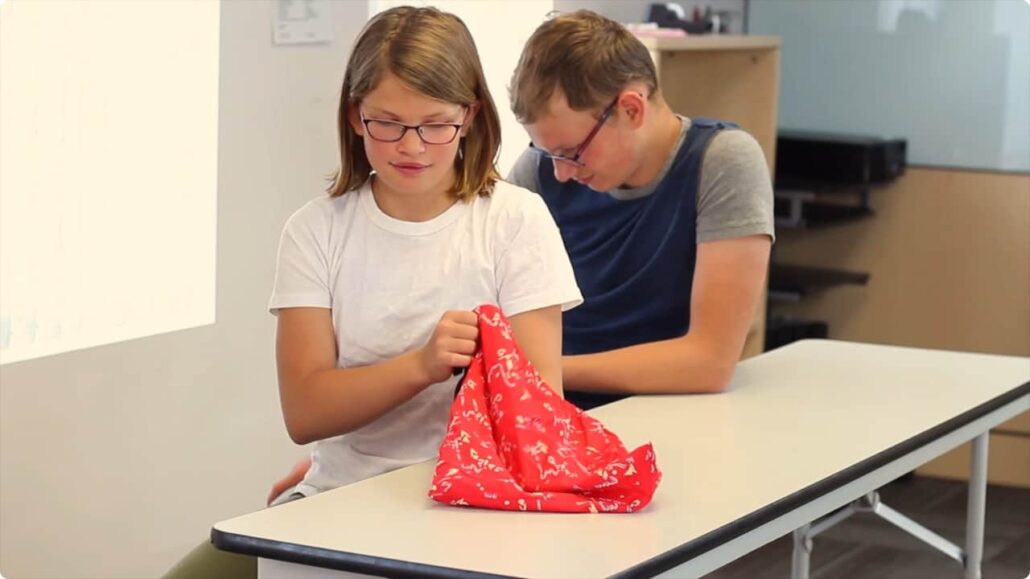
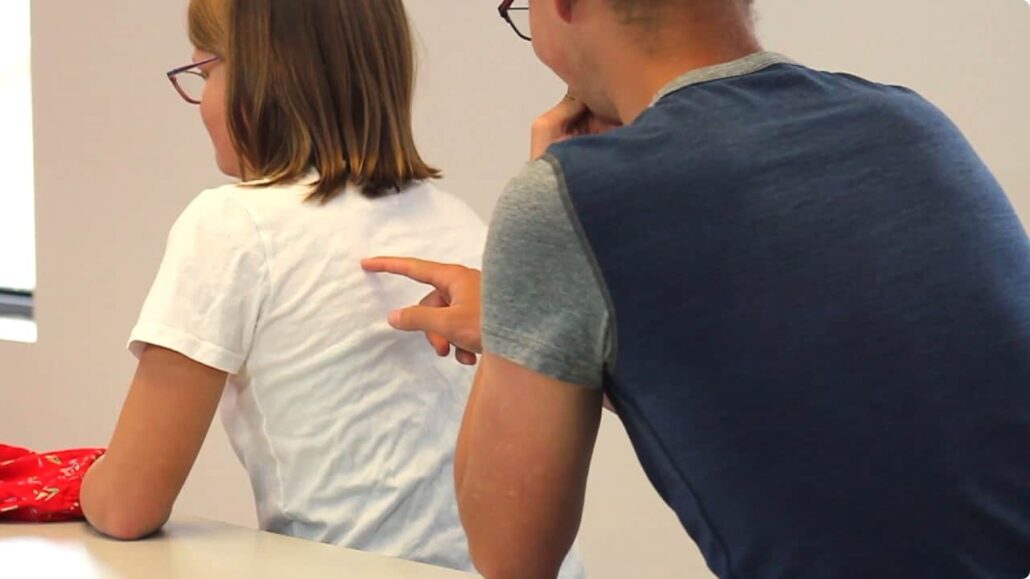
Mr. Pokey
Game for Self-awareness and Visualization.
Aids in understanding and retention of abstract concepts like mathematics and language.
Check out Shelley Halverson’s episode or book a call.
We would be happy to teach it to you.
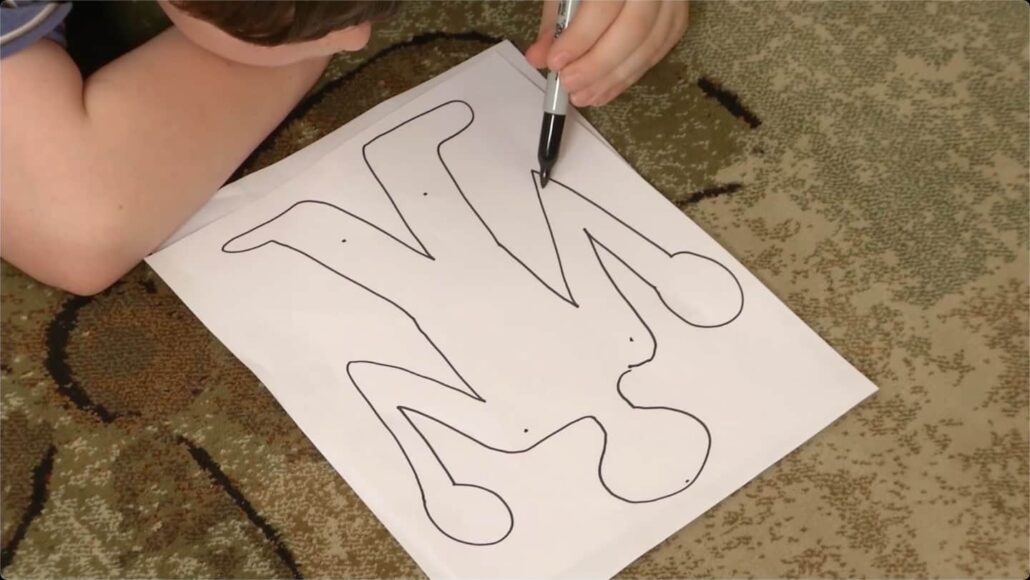
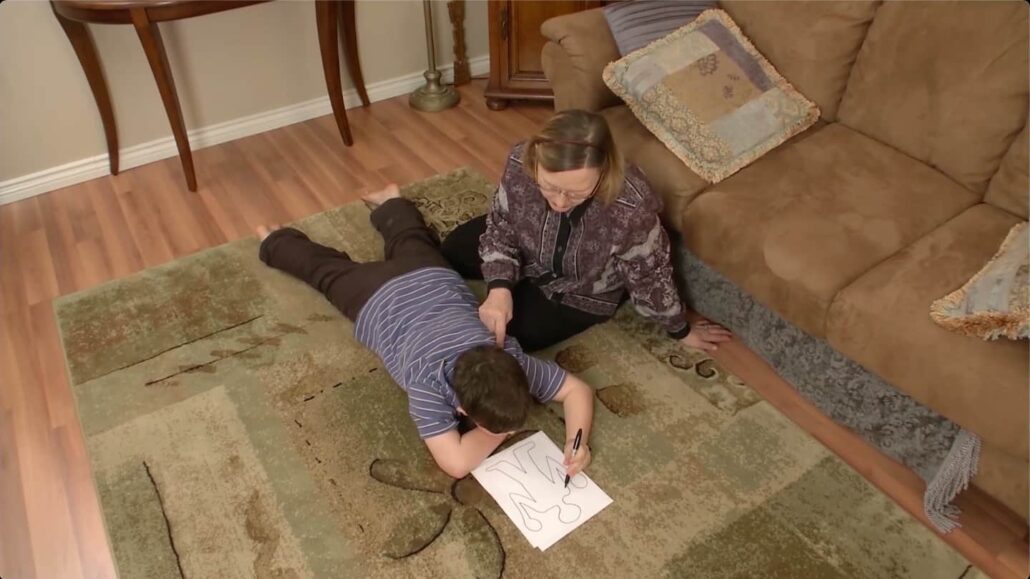
Art and Stickers
Game for calm, self-control and speech development.
Check out Lorren Lucas’s episode or book a call.
We would be happy to teach it to you.
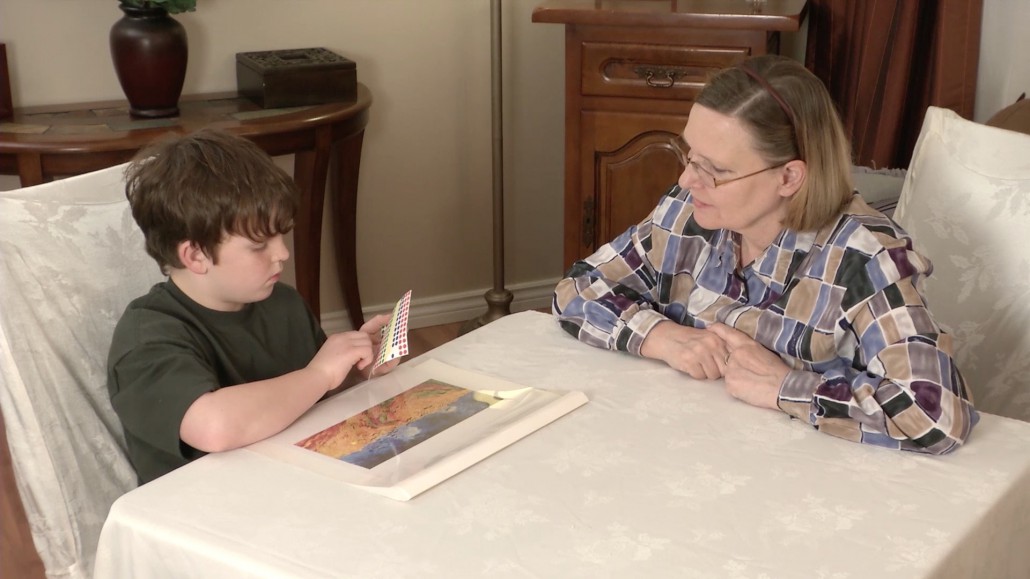
Gentle Claw
10 seconds for calm and attention and induce an elevated state of neuroplasticity.
Check out Anthony Caporaso’s episode or book a call.
We would be happy to teach it to you.
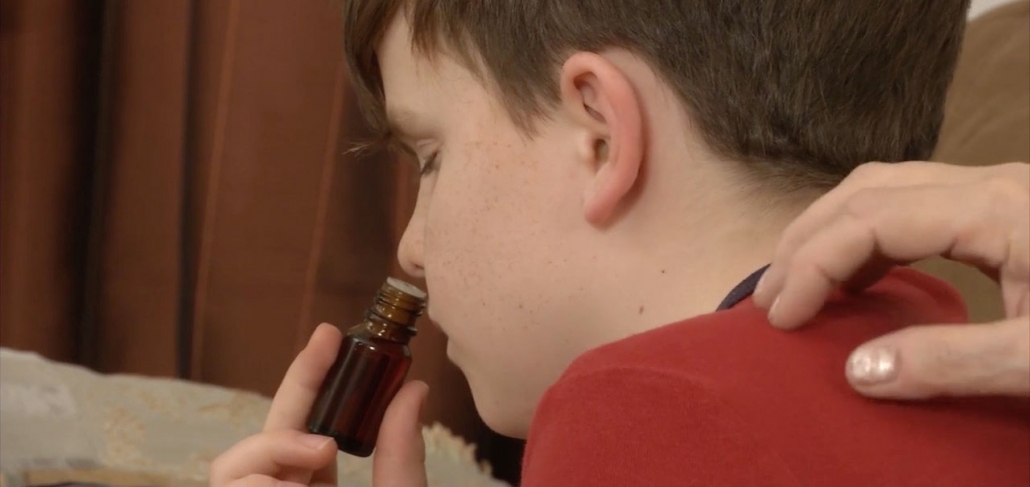
Art – Copy with Colored Paper
Reproducing art as a pretext to boost dopamine and Serotonin and for more joy in learning.
Check out Justin Bradford’s episode or book a call.
We would be happy to teach it to you.
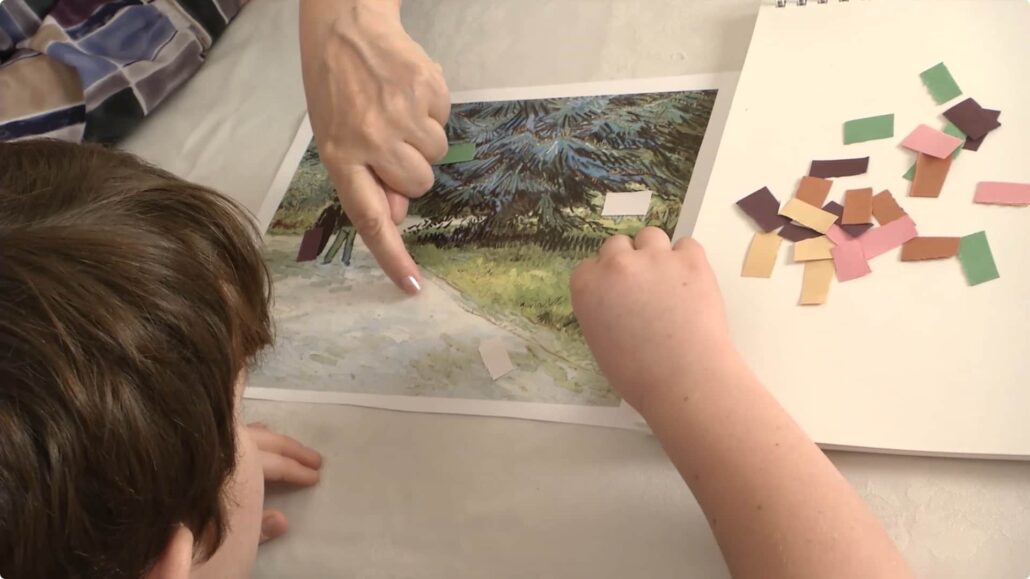
Squeeze 2 different objects
Bridging the 2 sides of the brain for faster cognitive processing.
Check out Heather O’Connor’s episode or book a call.
We would be happy to teach it to you.
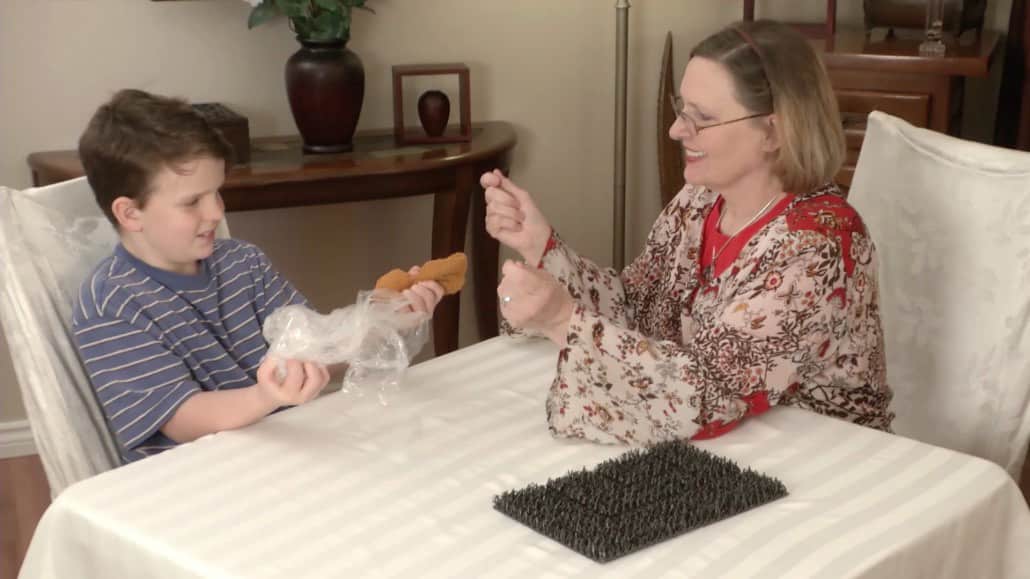
Board Walk, Holding a Spoon
Game to help with hyperactivity.
Check out Fran English’s episode or book a call.
We would be happy to teach it to you.
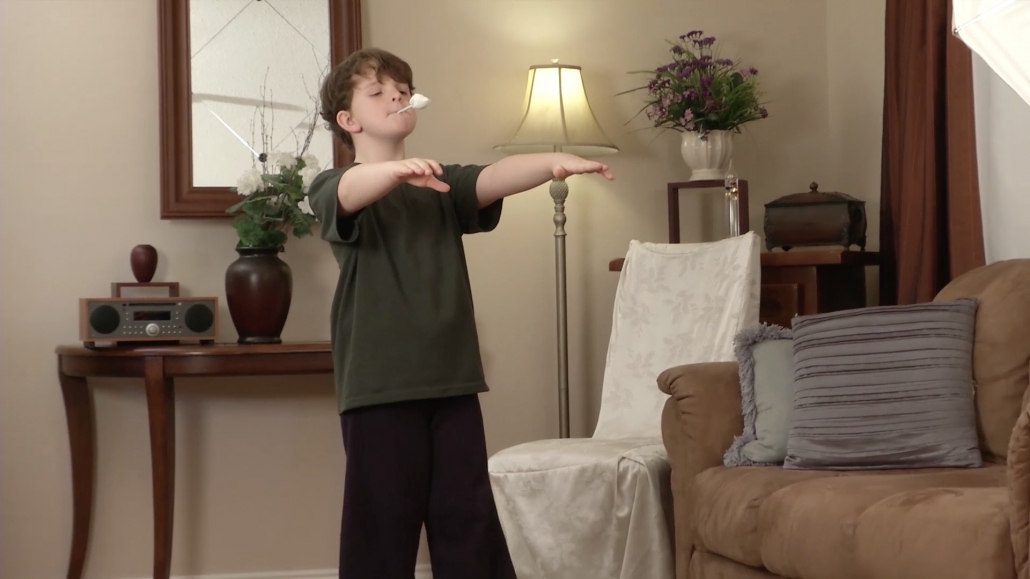

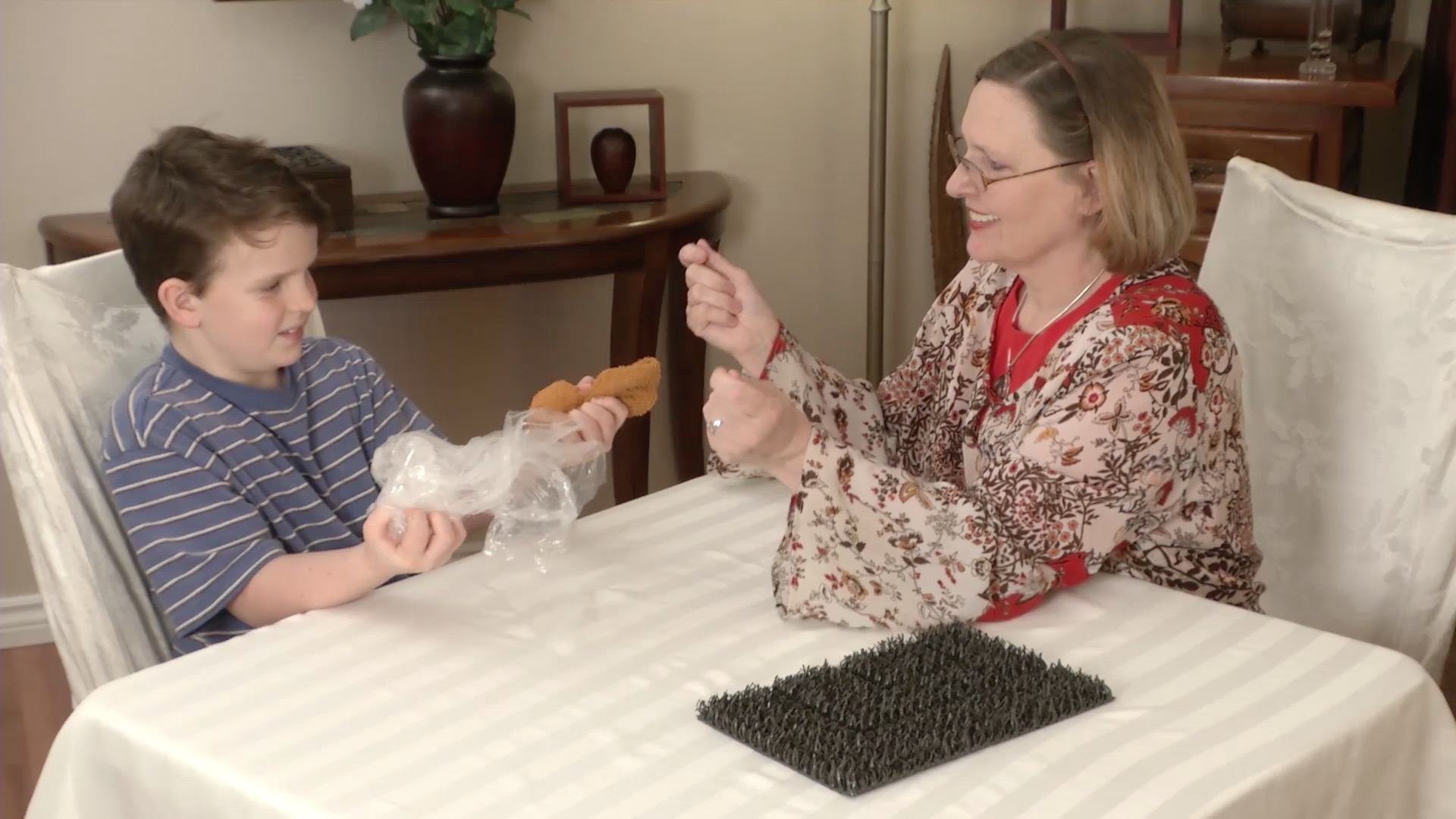


Very useful techniques for kids with autism